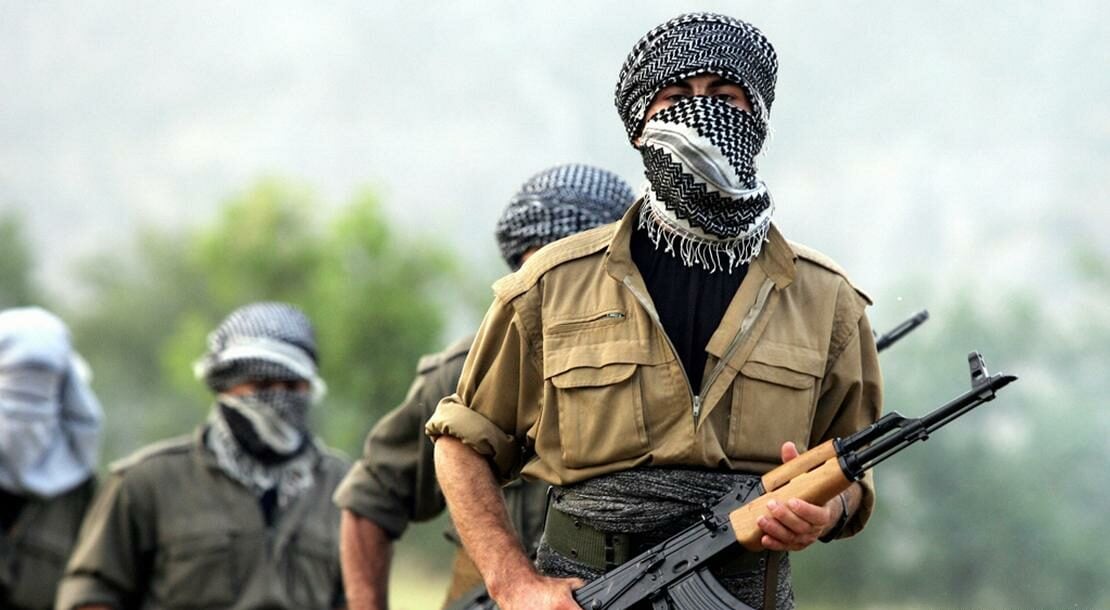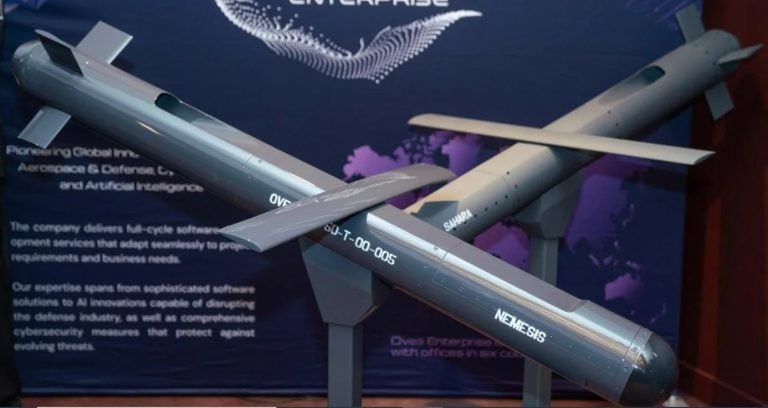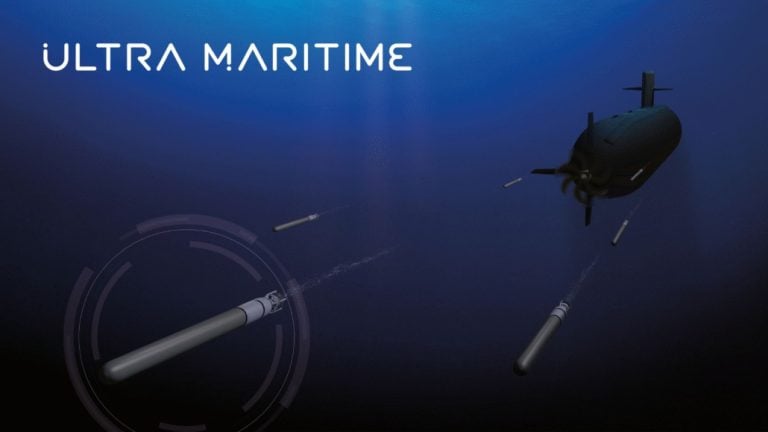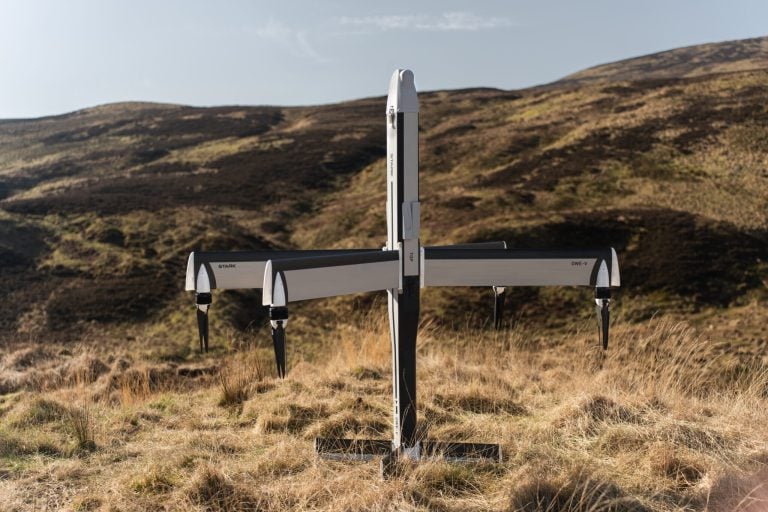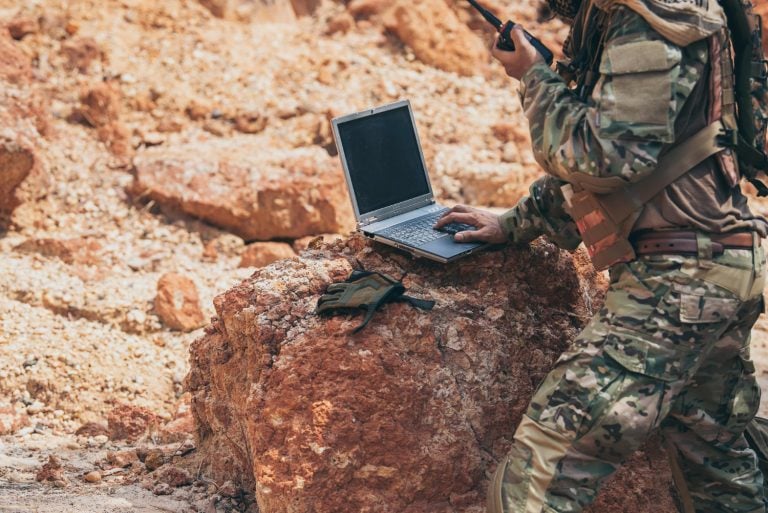Militants from the Kurdistan Workers’ Party (PKK) are set to commence the disarmament of their forces in a ceremony scheduled for early July in Iraqi Kurdistan. This significant move follows the PKK’s recent announcement that it would cease over 40 years of armed struggle, a conflict that has resulted in the deaths of more than 40,000 individuals. Kurdish media outlet Rudaw reported that this decision is expected to foster a political resolution with Turkey, providing a glimmer of hope for the Kurdish minority in Turkey, which constitutes about 20 percent of the country’s 85 million population.
The disarmament ceremony, which will reportedly take place in Sulaimaniyah—considered the second-largest city in Iraqi Kurdistan—has been described by sources as a “trust-building step” and a “goodwill gesture” intended to facilitate ongoing reconciliation efforts with Ankara. According to the reports, the ceremony will occur sometime between July 3 and 10, with an estimated 20 to 30 PKK members expected to lay down their arms.
Most of the PKK fighters have been based in the mountainous regions of northern Iraq over the past decade, where Turkish military operations against Kurdish militants have been ongoing. In anticipation of this milestone, jailed PKK leader Abdullah Ocalan is expected to release a statement regarding the resolution process in the coming days. Ocalan, who has been incarcerated since 1999 on a prison island near Istanbul, previously called for the disarmament initiative back in February.
Amid these developments, Turkish President Recep Tayyip Erdogan has indicated plans to meet with a delegation from the pro-Kurdish Democratic Regions Party (DEM). This political group has been instrumental in facilitating dialogue between Ocalan and Turkish authorities.
Sources mentioned that following the disarmament ceremony, PKK militants will return to their bases unarmed, rejecting any speculation that they would be relocated to urban centers within the Kurdistan Region of Iraq. One source emphasized that “the guerrillas will return to their bases after disarming,” further asserting that it is not an option for them to remain in cities.
While detailed mechanisms surrounding the disarmament process remain unclear, officials in the Turkish government have reiterated their commitment to closely monitor the implementation to guarantee its success. This pivotal moment in Kurdish-Turkish relations may mark a turning point in the long-standing conflict and open avenues for increased political engagement and rights for the Kurdish population in Turkey.
